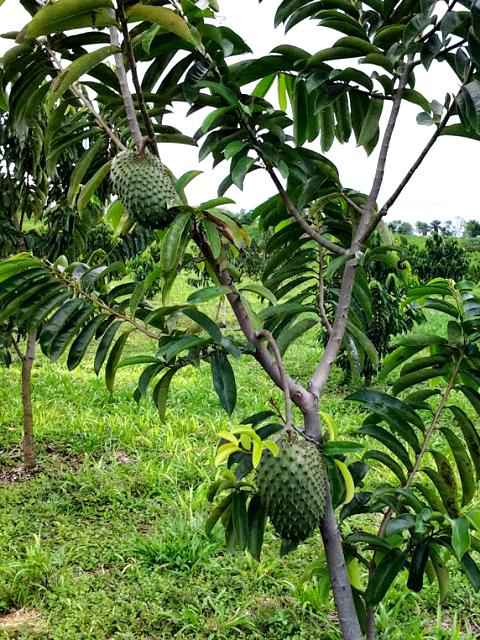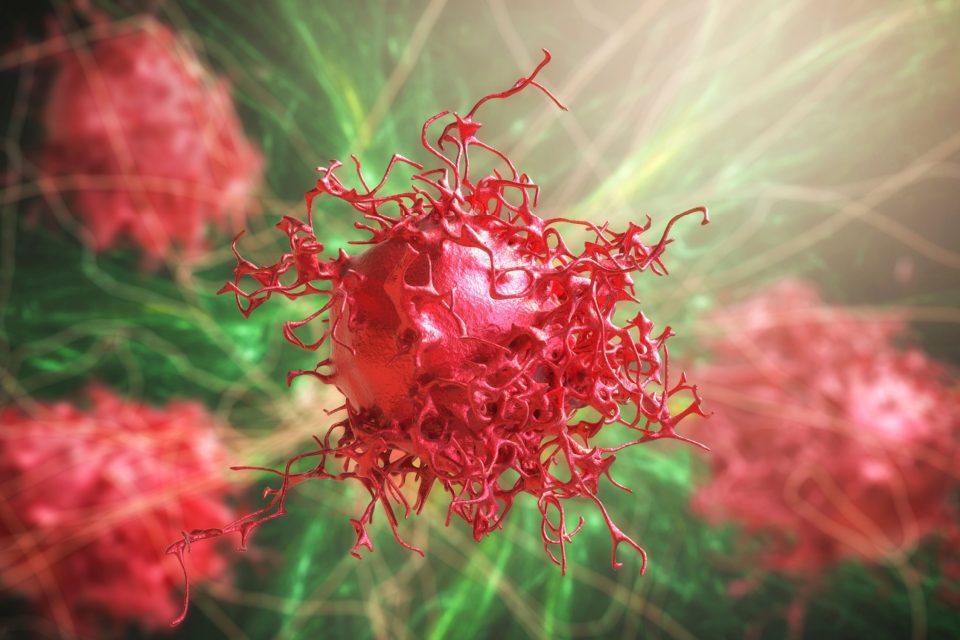Currently, a research team at Georgia State University and its Perimeter College is heavily involved in a cutting-edge study meant to investigate properties found in certain ethno-plants of Ethiopia with potential for fighting diseases. In collaboration with Addis Ababa University and together with the Winship Cancer Center at Emory University, actively searching for new compounds to fight cancer, this includes that relating to cervical cancer. This comes under the sterling Carnegie African Diaspora Fellowship Program, led by Paulos Yohannes, a chemistry professor and associate dean for STEM/research at Georgia State University’s Perimeter College.

Read More News Here
It is into this expertise of African-born professors at major U.S. research institutions, like Yohannes, that the CADFP turns to facilitate collaboration with African universities in building research capacity and scientific productivity. Yohannes has told me of the wealth that lies in the medicinal knowledge of African traditional healers, who have used their botanical products since old times as medicines but whom, hitherto, lacked advanced instrumentation to enable them to publish findings in the science. It is in this kind of challenge that CADFP has helped surmount and through which Yohannes and his team can make a meaningful contribution to pharmaceutical research.
Years previously had gone to the initiative collection and analysis of indigenous Ethiopian plants with well-established medicinal uses. It goes without saying that it will host bioactive compounds like flavonoids, tannins, curcumin, and resveratrol, which form the backbone of their therapeutic potential. Preliminary studies done for this materia medica identified very promising leads, particularly in the search for extracts with potent anti-cancer properties. He has already tested over 30 plant extracts, identifying a number which demonstrate promising activity against cervical cancer cells, in close cooperation with noted researchers like Regents’ Professor Binghe Wang of Georgia State and others.
The method used is rigorous extraction processes, which Ethiopian scientists, led by the veteran researcher—into the chemistry of medicinal plants—Professor Ermias Dagne, with over 45 years of experience, undertake. The extracts are then forwarded to Georgia State University for additional testing for activity against diseases such as cancer. In this case, from cytotoxicity assays using HeLa cells, an IC50 value for each compound is calculated—that is, a half-maximal inhibitory concentration furthering the therapeutic potential of each compound—through a very well-established methodology of extremely important value when assessing drug efficacy.
According to Wang, it is a multistep process initiated by in vitro cell culture experiments for the assessment of the biological activities of compounds. Those compounds that exhibited potent cytotoxicity against cancer cells are further subjected to spectroscopic studies for verifying the chemical structures of those compounds. These rigors ensure that every discovery is thoroughly validated before it proceeds up to a higher stage of study. Examples include compounds isolated from Commiphora sp. nov., an endemic Ethiopian plant identified for its medicinal properties that are under intensive study.
Second, state-of-the-art mass spectrometry and nuclear magnetic resonance facilities at Georgia State play critical roles in characterizing these compounds. Under the supervision of the directors in these two institutions, respectively—Siming Wang and Zhenming Du—a suite of state-of-the-art spectroscopic techniques was applied to get a clear view of molecular structure characteristics and mechanisms of action. Concurrently with this process, other samples will be sent to the Winship Cancer Center at Emory University for further testing under the leadership of Dr. Wei Zhou, which will extend and deepen the conclusions of this study.
The preliminary results are very encouraging; most of the extracts demonstrated very potent activities against cervical cancer cells and lightened up some new, exciting cell death pathways. According to Dr. Yohannes, such a study was important within the Ethiopian context as a backdrop that created scenarios for the use of traditional medicine by a good number of the population. With nearly 80% of Ethiopians depending on traditional remedies for health care, the value is there to explore and validate indigenous plants as possessing medicinal potential through investigation. Yohannes, however, remains optimistic that the outcome is going to be one of the most unprecedented discoveries, thus inspiring further exploration and validation like such natural remedies.
The scope of this team would be to further come up with an expansion plan in the future by analyzing more plant samples, thus maximizing its therapeutic application database. Not only in research infrastructure but in related ventures also, he believes continued collaboration opens up newer possibilities for pharmaceutical innovation. Other than legitimizing indigenous practices, this diversifies global pharmacological research with possibly radical results.
This work by Yohannes and his group consummates the paradigm of synergy in the years to come with respect to pharmaceutical science. This will be done by rigorous experimentation coupled with interinstitutional collaboration, especially by tapping into the rich biodiversity of Ethiopia that remains almost untouched for combating complex diseases such as cancer. Although this could be, as it has been, viewed to contribute to scientific knowledge, it is actually an integrated approach toward the preservation of traditional medicinal practices in modern health frameworks. With a team leading the way to unveil nature’s curative ability, the future, in general, is bound to undergo a series of revolutions in health and medicine.
The research by Paulos Yohannes and his group has greater implications in these findings. Researching indigenous plants for their medicinal applications reflects the global search for new treatments, placing this work into the context of cultural and ecological conservation. Such studies, in their research into these plants in their habitats, open a window through which one can appreciate other ecological functions and sustainable uses that foster unified approaches toward preservation of biodiversity.
The collaborative nature of the research speaks for itself in terms of showing that international partnerships can really move many a rather slow wheel of scientific progress. In other words, institutions such as Addis Ababa University and the Winship Cancer Center of Emory University show nothing but interest in knowledge enhancement and responding to global health challenges. It will amplify not just the research capabilities but cross-cultural exchange and mutual learning, hence enriching the scientific community in varied cultural perspectives and expertise.
Looking ahead, this research could entail relevant implications for potential economic benefits to be drawn by Ethiopia in the future. Novel bioactive compounds act as an excellent drive for biotechnological innovation and local pharmaceutical industries to open up new approaches toward economic growth and sustainable development. This project, having contributed to the valorization of natural resources under the rigorous scientific investigation of Ethiopia, serves two national priorities: innovation and better healthcare, and could open the road to future advances in biomedicine and beyond.
This, therefore, shows deep commitment by Paulos Yohannes and his team to the exploitation of Ethiopia’s rich botanical potential for biomedical research long before this. Sharing of his knowledge in the continuous, painstaking exploration of nature in the fight against cancer for global health, if supported and financed more, is bound to turn a new leaf in pharmaceutical business in discovery and benefit all societies devoid of paying respect and caring for indigenous knowledge and biodiversity.
Source: SciTechDaily
Also Read: What Time Do You Eat? Recent Research Reveals That It Can Impact Your Overall Health

